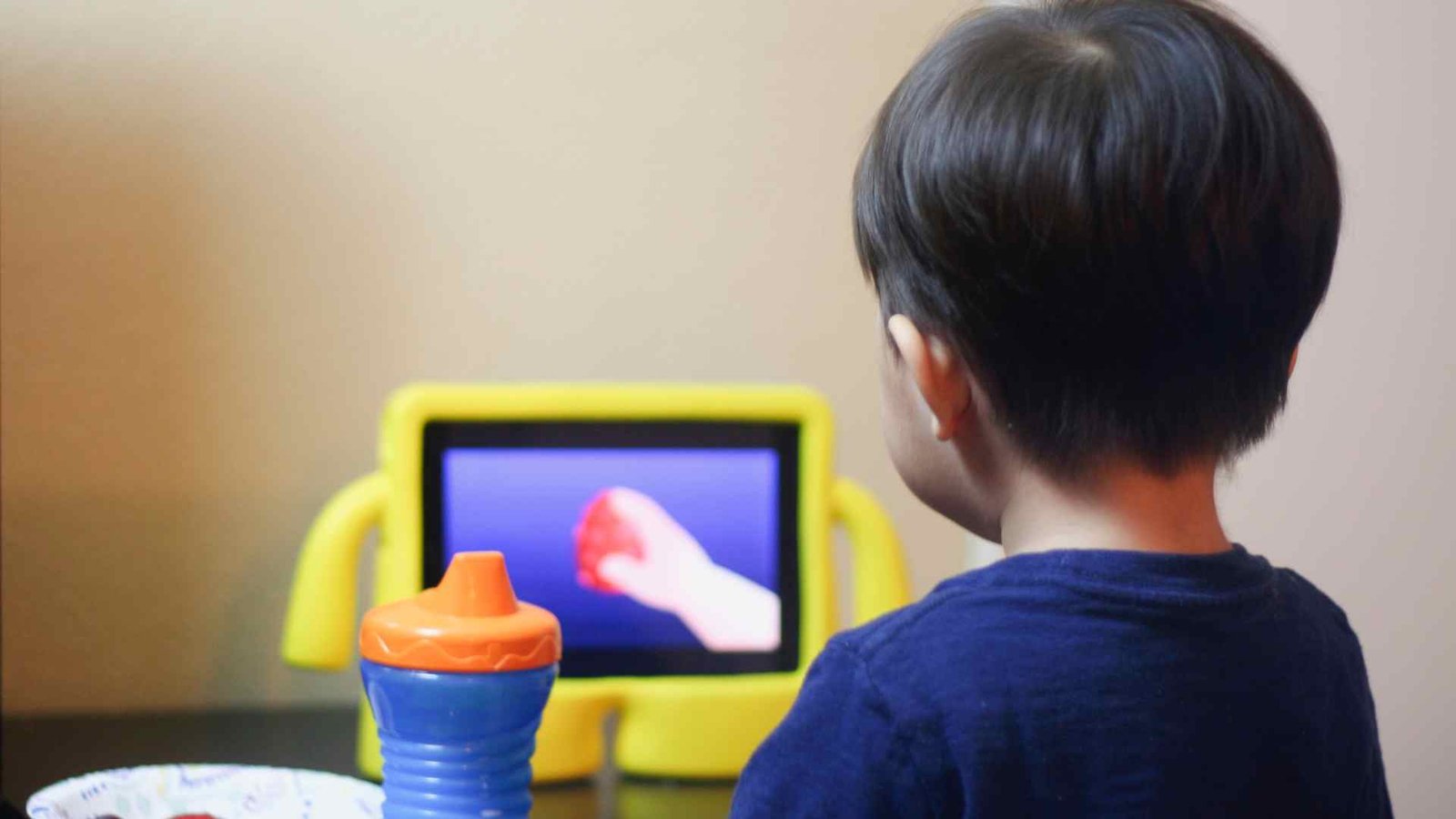Excessive screen time could hinder language development in toddlers. Studies suggest that increased screen time is associated with delayed expressive language skills and a reduction in vocabulary. Impact on Language Development Research indicates that toddlers exposed to more screen time are more likely to experience delays in expressive language skills, which refers to a child’s ability to use words and sentences. A study involving nearly 900 young children aged six months to two years revealed that for every 30-minute increase in daily handheld screen time, the risk of expressive language delay increased by 49%. Another study surveyed over 1,000 parents of children under two years old and found that toddlers who watched more videos spoke fewer words. For each additional hour of videos watched by infants aged
Topics
- Artificial Intelligence
- companies
- Construct 360
- E-Commerce industry
- Economy News
- Economy News
- Editor Choice
- Edtech industry
- energy industry
- Entertainment & Leisure
- Entrepreneurs
- Featured
- Fintech
- Funding News
- General News
- Government Policies
- Growth & Strategy
- Health & Wellness
- Healthtech
- industry
- Information & Communication Technology
- Lifestyle
- Management
- Management and Leadership
- Marketing & Branding
- Merger and Acquisition
- Money & Personal Finance
- News
- Oil and Gas
- Real Estate
- Sports and Productivity
- Start-up
- Technology
- Top 10 Listing Article
- Travel
- Women
More
Popular Categories




